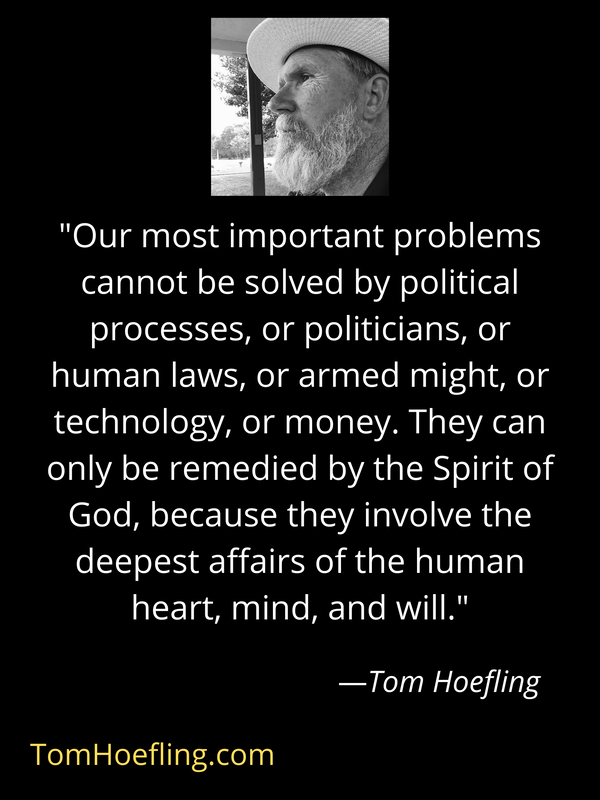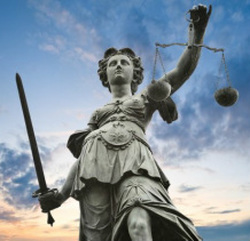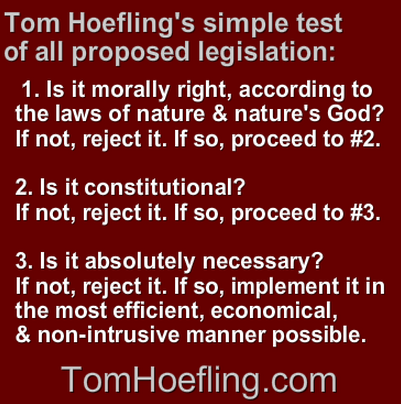I'm gobsmacked every time I see abolitionists continue to use language that cedes legality to abortion. They simply don't listen, no matter how many times it is patiently explained to them that this is a destructive fallacy, one that digs a deep hole for our side that cannot be overcome as long as it is continued.
Abortion violates the law of God. It violates the laws of nature that God ordained. It violates every stated purpose, and the explicit equal protection requirements, of the supreme law of our land. It is not, and cannot, be legal in America.
Laws or court opinions that violate the laws of nature and/or the Constitution are, by every principle this free republic was founded upon, absolutely null and void. That means that, legally, we are to act as if they do NOT exist.
Please, please, please, get this vital, fundamental lesson through your head, because as long as you refuse to do so, you are, whether you know it or not, or whether you will admit it or not, continuing to give (im)moral, legal, and political strength to those who are perpetrating this bloody holocaust.
"When human laws contradict or discountenance the means, which are necessary to preserve the essential rights of any society, they defeat the proper end of all laws, and so become null and void."
-- Alexander Hamilton
"[A] law repugnant to the Constitution is void, and [...] courts, as well as other departments, are bound by that instrument."
-- Chief Justice John Marshall, Marbury v. Madison, 1803







 RSS Feed
RSS Feed
